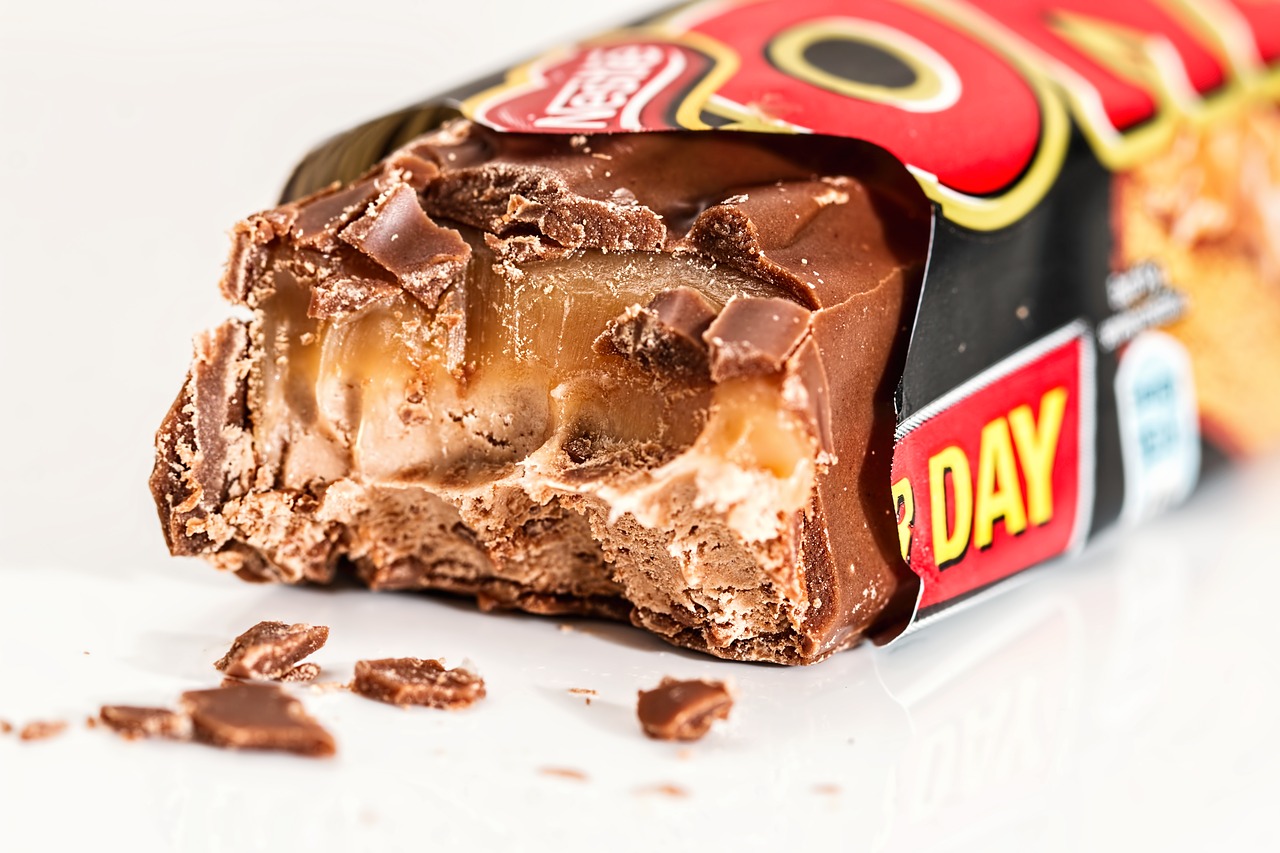
Eating clean, whole foods are the best nutritional approach to overall health.
That’s a pretty obvious statement, I know. But for whatever reason, our society consumes the opposite on a far too regular basis, in my opinion.
Now, I know I don’t need to school you guys on why processed foods are bad. At this point, I think that’s pretty common knowledge — whether you eat a clean diet or not. But some new research has emerged that further drives home the benefits of eating clean that I feel compelled to share.
Two studies, one by Schnabel et. al and another by Hall et. al, have detailed the dangers of a diet comprised of highly processed foods.
Study No. 1:
The Schnabel study was an observational study in France of more than 40,000 people over a seven-year time span. It revealed a 14 percent increase in risk of death in individuals who eat a diet comprised of highly processed foods.
The scary part is, our American diet includes these processed foods with far more regularity than that of French culture.
Study No. 2:
The Hall study compared two weeks of clean eating to two weeks of a processed food diet for 20 individuals in a very controlled environment. The results were pretty straightforward: clean eating resulted in an average weight loss of two pounds, while a processed food diet resulted in an average weight gain of two pounds.
The average food intake was about 500 calories more per day in the processed food diet, which came primarily from added carbohydrates and fats.
Application:
Those are the highlights of each study. I’d definitely encourage you to read each one to learn more if you’re interested. For the purposes of this article, I’d like to move on to how I think we should apply this information.
The reality of our relationship to highly processed foods is that they are readily available and affordable in American culture. Companies promote these food because they’re extremely cost efficient to produce, so the sales of these items result in a high return on investment.
It’s hard to avoid processed foods. They’re all over the grocery store and sitting there tempting you in the checkout aisle. If you’re on the road and need a snack, the gas station or convenience store is packed with them.
What’s more? They taste AMAZING. They’re highly palatable and call to you when you see them. You’ve tasted something incredible, and now you want more. That’s just how it goes.
Millions of dollars and time and effort are being poured into figuring out how we, as Americans, can ween our way off processed foods and navigate our way to being more healthy, and therefore happy. Clearly, there’s not a universal answer to solving this problem.
As the Lancet Commission stated: “Ultra-processed foods are a key driving force in the global obesity pandemic.”
All I have are recommendations, and I do think that coaching helps too if you need help navigating your way to a healthy diet.
I like to promote the 80-20 rule, because I don’t think eating completely clean, whole foods for every meal, every single day is realistic. And I think it’s fine to indulge from time to time. But generally, if around 80 percent of your diet is centered around clean, whole foods you can afford to dedicate the other 20 percent to whatever else you want.
How I prefer to structure things is to start with a healthy base. My healthy base consists of:
- Rice
- Wheat Bread
- Chicken
- Steak
- Ground Beef
- Cheese
- Fruits
- Vegetables
- Eggs
With that base of staple foods, I’m able to create a lot of combinations that fuel my body, provide me with the nutrients I need, and promote overall health.
From there, I can add a topping that creates great flavor. I can have a dessert every so often. I can fit in some calories from processed foods if and when I want.
That’s a simple set up, and one that I think is feasible. From there, the focus must then turn to self-control, mindfulness, and personal determination to live a healthier life.
I don’t expect anybody to be perfect. Nobody is. But I do think that preventing overindulgence is something just about everybody can do. It just takes time and effort to make it happen.
Given the recent evidence regarding highly processed foods, I think it’s safe to say this is a lifestyle change worth making.
—
If you’re interested in coaching so you can start living a healthier and happier life, please contact me and we can start a discussion about how we can work together.
—
CGF